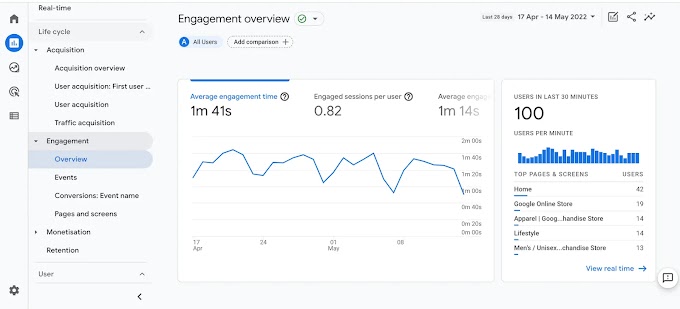Auto insurance, a necessity for every driver, often feels like traversing a maze, especially when distinguishing between comprehensive (comp) and collision coverage. Let's embark on a journey to unravel the intricacies of these vital components, empowering you to make informed decisions about safeguarding your vehicle.
Introduction
Navigating the world of auto insurance can be akin to solving a puzzle. As you ponder the coverage options, understanding the difference between comp and collision coverage becomes paramount. Let's break down the basics and explore how these coverages can shape your insurance journey.
Auto Insurance Basics
Before delving into the specifics of comp and collision coverage, let's establish a solid foundation. Auto insurance is more than just a legal requirement; it's a shield protecting you from the uncertainties of the road. Understanding key terms and the significance of your coverage choices is the first step towards informed decision-making.
Comprehensive Coverage
Comprehensive coverage acts as a safety net, extending protection beyond collisions. From natural disasters to theft, this coverage embraces a wide array of scenarios. While the comprehensive umbrella is vast, it's crucial to weigh the benefits against potential drawbacks.
Collision Coverage
On the flip side, collision coverage zeroes in on one key area – impact. Whether it's a fender-bender or colliding with an object, this coverage is designed to handle damages resulting from direct collisions. As we explore its types and weigh the pros and cons, you'll gain insights into its specific role in your insurance portfolio.
Differences Between Comp and Collision Coverage
Understanding the nuances that set these coverages apart is pivotal. We'll directly compare comp and collision coverage, shedding light on their unique aspects and helping you grasp when each shines.
Choosing the Right Coverage for You
The choices you make in your insurance policy should align with your individual needs. We'll discuss the factors to consider when making decisions, guiding you on how to tailor your coverage to your unique circumstances.
Premiums and Deductibles
As you make coverage decisions, the impact on your wallet becomes apparent. We'll dissect the relationship between coverage choices and costs, explaining deductibles along the way.
Claims Process
Filing a claim can be a daunting task. Fear not; our step-by-step guide will demystify the process, helping you navigate with confidence. We'll also highlight common pitfalls to avoid during this crucial time.
Effects on Premiums After a Claim
Concerned about potential premium increases post-claim? We'll address this common worry, outlining the factors that influence premium adjustments.
Exclusions in Coverage
No coverage is foolproof. Identifying potential exclusions is vital to understanding the limits of your policy. We'll explore scenarios that might not be covered, ensuring you're well-informed.
Adjusting Coverage Limits
Flexibility in coverage is essential. We'll discuss how adjusting coverage limits can align with your evolving needs and budget, ensuring your policy remains a perfect fit.
Real-life Scenarios
The best lessons often come from real-life experiences. We'll share anecdotes that illustrate the importance of making wise coverage choices, offering valuable insights garnered from others' journeys.
Tips for Lowering Insurance Costs
Who doesn't love cost-effective coverage? Our practical tips will guide you in maximizing benefits while keeping expenses in check, striking a balance that suits your budget.
Reviewing and Updating Coverage
Insurance is not a one-time decision; it's an ongoing process. We'll emphasize the importance of periodically reviewing and updating your coverage to adapt to changing circumstances.
Conclusion
In wrapping up our exploration, remember that knowledge is your greatest asset in the insurance realm. By understanding the intricacies of comp and collision coverage, you're better equipped to navigate the maze and make decisions that align with your unique needs and circumstances.
FAQs
1: Is auto insurance mandatory?
A: Yes, auto insurance is mandatory in most places to legally drive on the road.
2: Can I have comprehensive coverage without collision?
B: Yes, it's possible to have comprehensive coverage without collision and vice versa.
3: How do deductibles work in comp and collision coverage?
C: Deductibles are the amount you pay before your insurance kicks in; understanding their role is crucial.
4: Will my premiums increase after filing a claim?
D: While premiums can increase, it depends on various factors, including the nature of the claim.
5: Can I modify comp and collision coverage limits?
E: Yes, most insurance policies offer flexibility in adjusting coverage limits to suit your needs.







